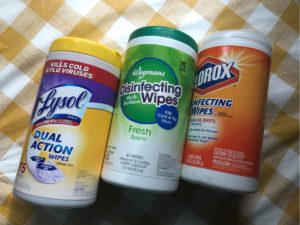Partnering with the Northeast Center for Occupational Health and Safety (NEC), the Vessel Dynamics Laboratory at George Mason University created an online app that shows how various practices aimed to slow the spread of COVID-19 among farm workers in shared housing can work.
Room for Improvement: An Online Tool for Reducing the Spread of COVID-19 in Farmworker Housing allows you to put in information about your on-farm housing and it will show how coronavirus can spread through farmworker housing. You can change the size of the room, type of beds, number of workers housed, and a variety of preventative practices to see the impact on spread of the disease.
The simulator is available at https://vesseldynamics.com/research/farmworker-housing-simulator/. (Note that the simulator works best in Google Chrome.)
More information about farmworker safety programs from the NEC are available at https://www.necenter.org/.

